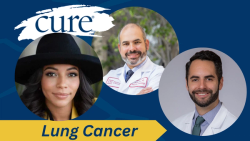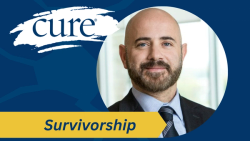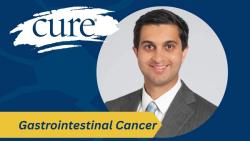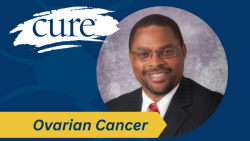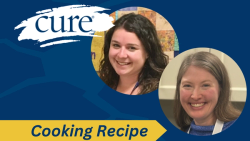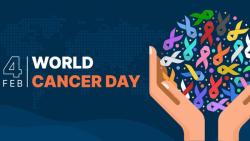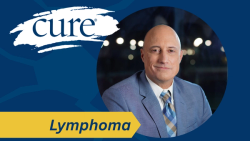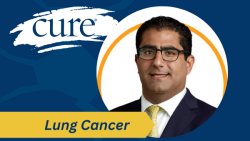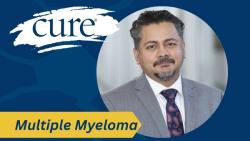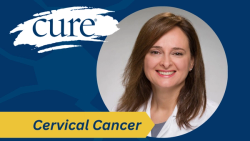Expert Answers Common Questions About Ostomies After GI Cancer Surgery
From odor to diet concerns, a nurse practitioner answers common questions about colostomies and ileostomies from patients with cancer.
Some of the most common questions about colostomies or ileostomies — both methods of bringing stool outside of the body after gastrointestinal surgery — revolve around smell and diet, according to Stephanie S. Yates.
Yates is a nurse practitioner at Duke Cancer Center’s Wound Ostomy Clinic in Durham, North Carolina. In a recent interview with CURE®, she revealed that many patients with ostomies are worried about smell, since fecal matter is drawn out of the body into a “pouch” that sits on the abdomen. However, Yates assures patients that they should not worry about odor, as colostomies or ileostomies do not smell except for when they are being changed.
Another common question Yates receives is about the best diet. The answer, according to Yates, depends on whether a patient has a colostomy (where the colon is diverted outside of the body) or an ileostomy (where the small intestine is diverted outside of the body). People with colostomies typically do not need to change their diet, while those with an ileostomies may want to adopt a low-fiber diet, according to Yates.
More: Stoma Prolapses Are Often ‘Alarming, But Not Dangerous’ After Colorectal Cancer Surgery
Transcription
Most of the time, the most common questions people will ask about are, “Will I smell?” because people are always concerned about with, about with their bowels, about odor. I'm usually able to easily inform them that they should not have smell because the pouches are made out of odor-proof material. The only time you have smell (is when) you're usually in your bathroom, you might be dealing with it, but everybody else has smell that time. So I try to reassure them about that.
A lot of people have questions about their diet. With a colostomy (that is there) permanently, there really don't have to be changes in the diet. A lot of people think, “Well, there's a colostomy diet out,” but there really is not. Basically, food treats you the way it always has, which things agreed with you if they do fine, if they didn't, they don't. What we find is that people may pay a little more attention to things like gas-causing foods, your beans and beer, so to speak, the green leafy (foods) that you might eat. … You might just pick and choose how much and when you might want to eat those, eat those particular foods. But otherwise, there's no absolute must eat (or) absolutely can't eat (foods). We would encourage you to drink plenty of fluids and eat a variety of foods. Healthy diet is the only thing we would say.
Now ileostomy … if you have an ileostomy, you would be encouraged to go with a little bit (of a) lower-fiber diet, which is kind of counterintuitive. We preach fiber, fiber, fiber, but with ileostomy, it is the natural raw, crunchy veggie things can sometimes cause (patients) to … upset their system and not pass through as easily. We tell them to stay with more cooked vegetables, cooked foods, meats, breads, pastas, all those kinds of things, but just really watching the raw crunchy veggie stuff.
For more news on cancer updates, research and education, don’t forget to subscribe to CURE®’s newsletters here.
Related Content
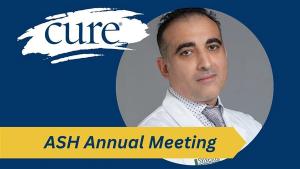 What Does Minimal Residual Disease Mean?
What Does Minimal Residual Disease Mean?December 11th 2025
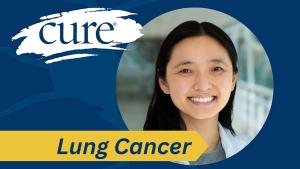 Expert Shares Advice for Navigating a New Lung Cancer Diagnosis
Expert Shares Advice for Navigating a New Lung Cancer DiagnosisNovember 27th 2025
 FDA Approves Imfinzi Plus Chemo in GC/GEJC
FDA Approves Imfinzi Plus Chemo in GC/GEJCNovember 25th 2025
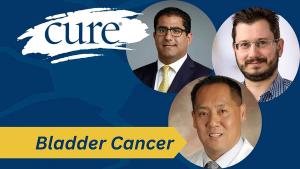 Experts Discuss Next Steps in Perioperative Bladder Cancer Treatment
Experts Discuss Next Steps in Perioperative Bladder Cancer TreatmentNovember 11th 2025
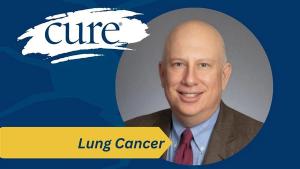 What Is the Difference Between a Clinical Trial and a Real-World Study?
What Is the Difference Between a Clinical Trial and a Real-World Study?September 27th 2025
View additional resources on CureToday.com


